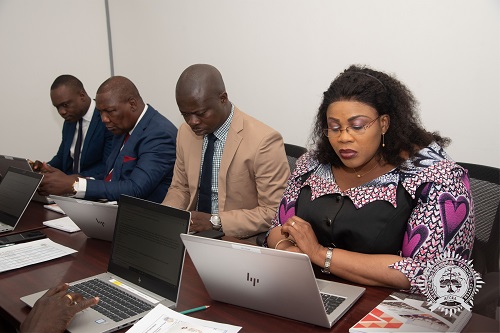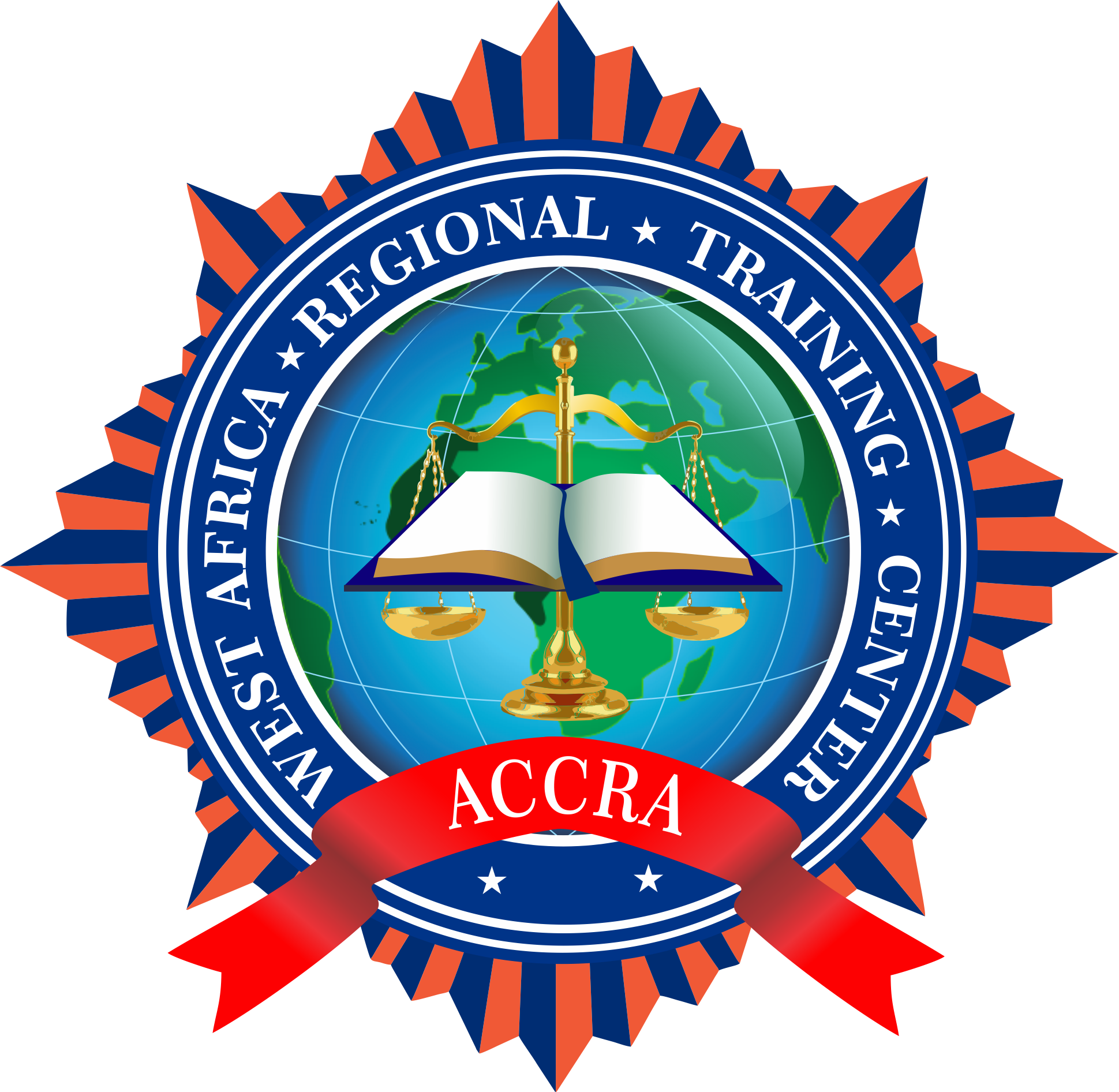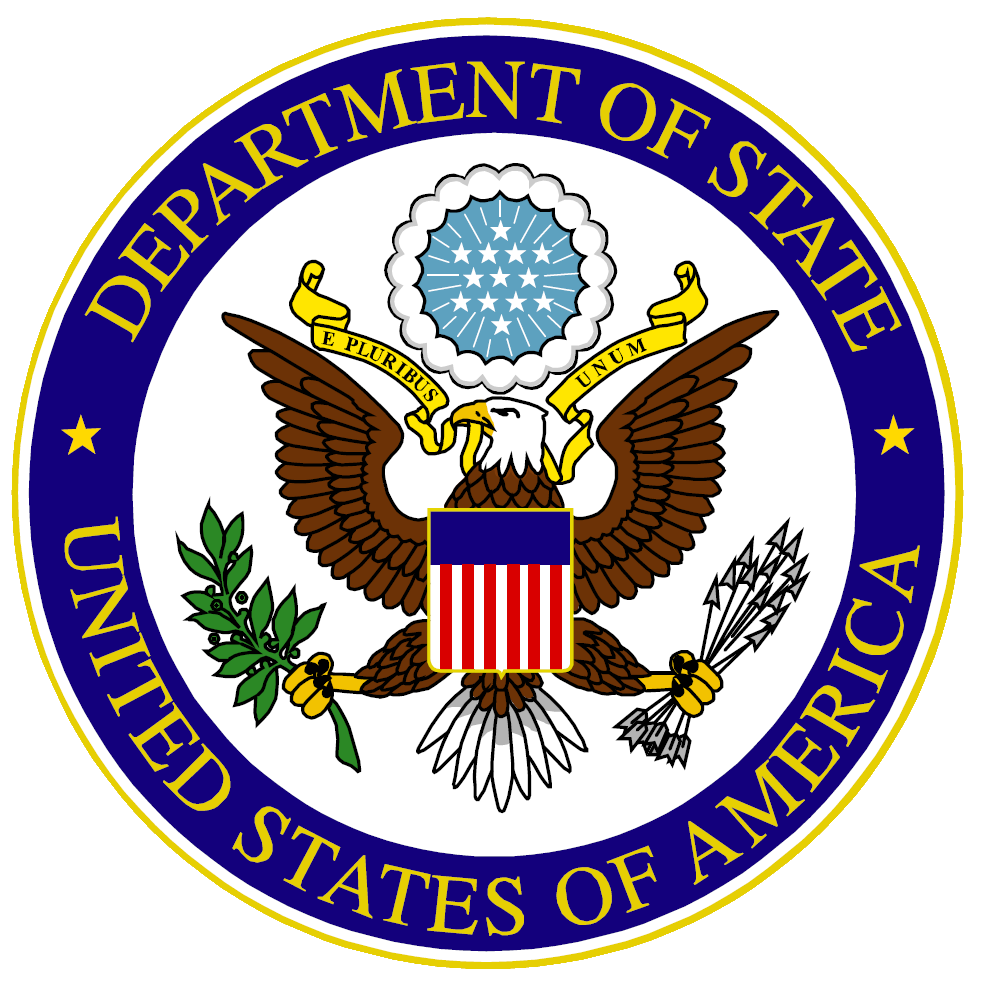Alumni In Focus
Alumni In Focus

During the Interagency Cooperation in Financial Investigations Course (IACFI) at the RTC, we spoke with Madam Fifame from Benin. She has been in the criminal justice profession for the past 6 years and works as a prosecutor with the Ministry of Justice. We recently connected with her via WhatsApp and she was happy to share lessons learned from the course attended in March 2020. Enjoy the read!
What were your major takeaways from the Inter-Agency Cooperation course?
The course was very educative. I learned the importance of researching and collecting evidence in financial investigations. The course helped me understand the need for financial crime investigators to find evidence wherever necessary; even from other agencies in order to ensure successful prosecution. In addition, I learned about the offense/infraction technique which is one of the most effective and best investigative techniques that can be used to build evidence against an offender. I also gained a better appreciation of how virtual currencies are used as tools for money laundering and terrorist financing. Investigators on fraudulent virtual currency cases must not forget the usefulness of cooperation and collaboration with relevant stakeholders to prosecute offenders.

Have you had the opportunity to share the knowledge you acquired at the RTC with your colleagues? If yes, how did they receive it?
I have had the opportunity to share my RTC experience and knowledge with some of my colleagues from the Economic Crimes Repression and Terrorism Court (CRIET) and some financial police officers. I also had discussions on the subject with an examining magistrate who is very interested in the subject of virtual and cryptocurrency.
Would you agree that there is the need to emphasize interagency collaboration to combat crime?
Yes. The usefulness of cooperation among agencies for effective investigations cannot be under estimated because not only is it important in showing the quality of judicial work done, it is also a required standard from the Financial Action Task Force (FATF). The FATF, which Benin forms part of, requires collaboration among investigative agencies to ensure an effective fight against national and transnational crime.

Prior to attending the IACFI course at the RTC, what were some of the challenges you encountered when working with other law enforcement agencies?
Our major difficulties as law enforcement officers and criminal justice professionals in Benin in implementing the government’s financial crime penal policy, has been the lack of due diligence or expertise when executing requisitions (banking, telephone and others). However, collaboration among agencies in Benin has significantly reduced these difficulties and now agencies are able to work together seamlessly on ongoing investigations.
Would you say that the knowledge acquired at the RTC will help you address these challenges?
Not only has the interagency collaboration course improved my knowledge in terms of financial investigation by providing me with other research and evidence-gathering tools, but it has also empowered me in my role as a criminal justice professional. I appreciate the RTC and the various partners for the opportunity to be part of the training. Thank you.
Thank you, Madam Fifame, for sharing such useful information with the alumni community. We hope others are inspired to share their feedback with the RTC. Don’t hesitate to reach out to us via info@westafricartc.org


